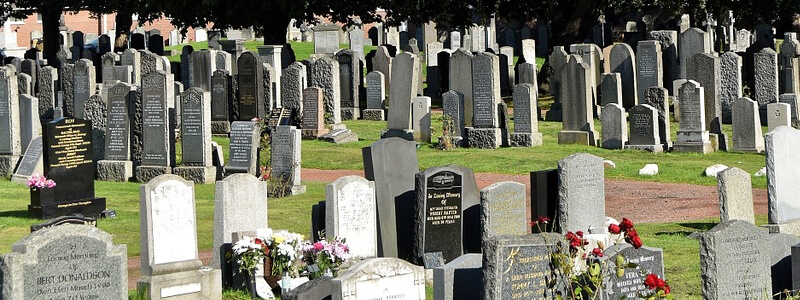Recently I’ve been thinking about death and how death influences and affects us at each stage of our career. When I was a medical student, I was involved in a resuscitation for a patient who had suffered a cardiac arrest. The event was traumatic; I performed chest compressions and felt two ribs break under my hands. The patient went on to die. As I walked home, I cried huge sobs. This was my first naive experience of death as a doctor.
As a FY1 doctor, in my first few weeks on the job, I was working in respiratory medicine. A lady with lung cancer was admitted to the ward with a nasty chest infection. She struggled for a number of days, until the decision was made to withdraw care, as it seemed unlikely she would ever recover. I remember being in the room with the family as we told them we were stopping active management and would instead keep her pain free and as comfortable as we could. They cried, and I held their hands. I wanted to cry too, as I felt I had known her, and I was upset about her death. But if I cried too – would I still be the doctor? The person who is responsible? Or just another crying powerless person?
Senior doctors and consultants rarely come face to face with death (unless part of the resus team/work in ED). My consultant told me, although he hasn’t performed resuscitation (apart from ALS dummies) in many years, he regularly has to tell patients their diagnosis. Being a head a neck surgeon, this often means telling somebody that they have cancer, and that is not curable, and that they will die.
Delivering this kind of news is emotionally exhausting and when I asked if it upsets him, he said yes, he often needs a little minute between cases to collect himself. It is this aspect of being a doctor that I was not prepared for. It hurts me, when there is an unexpected death, especially if I have been involved in the resuscitation efforts.
I don’t remember getting any training about death, or how to handle death personally. We were taught how to break bad news, and how to comfort a family, but not how to comfort ourselves. I think some doctors are more resilient than others, some are more detached than others, but having the correct supervision and support around death is crucial.
Having a team debrief after a patient dies can be very helpful in being able to process and deal with ones own emotions. Having a trusted mentor to go and discuss a death, can also be very therapeutic. Although this can often be difficult to find in the current training climate
Medical Exam Prep would like to thank Doctor Beth for contributing this blog post
About Doctor Beth
Doctor Beth is a junior doctor in training. She is currently based at a busy teaching hospital in the North of England. Her long-term goal is to become a surgeon. You can follow her on twitter @Drbethadventure





